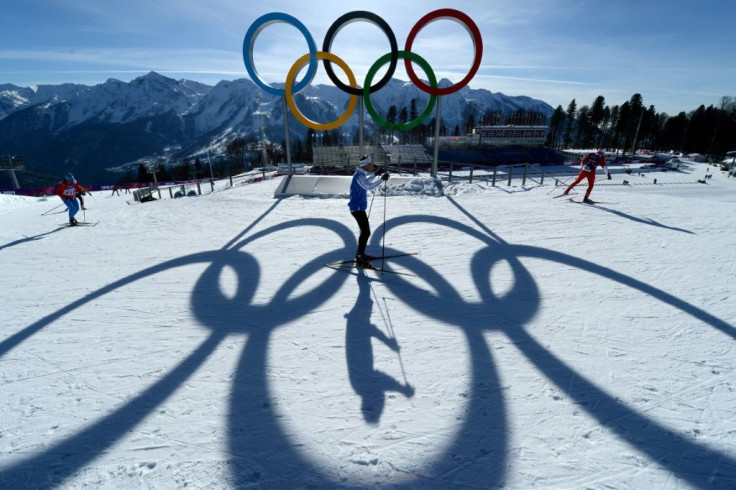Olympic Costs Are Out Of Control, Warn Oxford Academics
Olympic hosts face crippling costs comparable to "deep disasters" such as earthquakes and pandemics and urgent action is needed to safeguard the future of the Games.
That is the stark warning from University of Oxford academics, who say the current model for the four-yearly event is unsustainable.
Their study, "Regression to the Tail: Why the Olympics Blow Up", published in an academic journal on Tuesday, says every Games since 1960 has run over budget, at an average of 172 percent above the original budget in real terms.
The most costly Summer Games to date, according to the report, was London 2012, at $15 billion. For the Winter Games, Sochi 2014 tops the list, at an eye-watering $21.9 billion.

The findings suggest cost overruns are so variable that the possible outcomes for host nations stretch into infinity.
Disasters such as earthquakes, tsunamis, pandemics, and wars tend to follow this type of risk distribution, the academics say.
Lead author Bent Flyvbjerg, professor of major programme management at Oxford's Said Business School, is urging the International Olympic Committee to change its mindset.
"The IOC is only interested in the revenue," he told AFP. "So you have this topsy-turvy incentive structure where you have the IOC defining the standards that the Olympics have to live up to but they're not paying the bills for those Games because the host city and the host nation are paying those bills."

The Tokyo Olympics, due to take place in 2021, are the latest to wildly overshoot. The latest budget puts the cost at $12.6 billion but the postponement from 2020 to 2021 because of the coronavirus pandemic has thrown up a plethora of new costs, from re-booking venues and transport to retaining a huge organising committee staff for an extra year.
Flyvbjerg said some cities bidding to host the Games had dropped out once the potential cost hit home.
"You have seen cities say 'we have changed our minds', which is hugely embarrassing for the IOC," he said. "Rome did this, Boston, Hamburg.
"This is what's going to force the IOC to deal with this and they are seeing this. They are up against a wall now.

"They see there's a real risk that the Games will stop being held or will only be held in authoritarian regimes where a leader can say 'we want these Games and we don't care what they cost'."
The study's findings are strongly disputed by the IOC, which said researchers had not requested data from them.
It accused the authors of taking a "fundamentally flawed" approach, mixing two different budgets -- that for the Games and the infrastructure budgets of the city, region and country.
"This gives the completely wrong impression that these infrastructure budgets serve only the four weeks of Olympic Games competition and must be 'written off' immediately afterwards," an IOC spokesman said.
"This is simply not true. It also seems like the legacy of the Olympic Games is completely left out of the picture."
Flyvbjerg, however, is adamant that profound change is necessary.
One way to cut costs would be to only host the Games in cities that already have the vast bulk of infrastructure in place -- Paris, in 2024, and Los Angeles, in 2028, will benefit from elements of this.
He said an even more effective approach, which he believes the IOC would be unwilling to take, would be to hold the Olympics in the same city every time, giving the example of Athens.
A milder version would be to allow cities to host two or three times in succession.
"You can deliver the Games at half the cost if you choose the right cities," he said. "If you did that, many cities would say if we can do it for $5 billion or $6 billion, at that price it's a fair price for the world's biggest party.
"I hope that Tokyo is going to be the last of these bloated whales where the costs are just blowing up all over the place and there's no proper control of costs and you're putting billions and billions of dollars of taxpayers' dollars at risk."
© Copyright AFP 2024. All rights reserved.





















